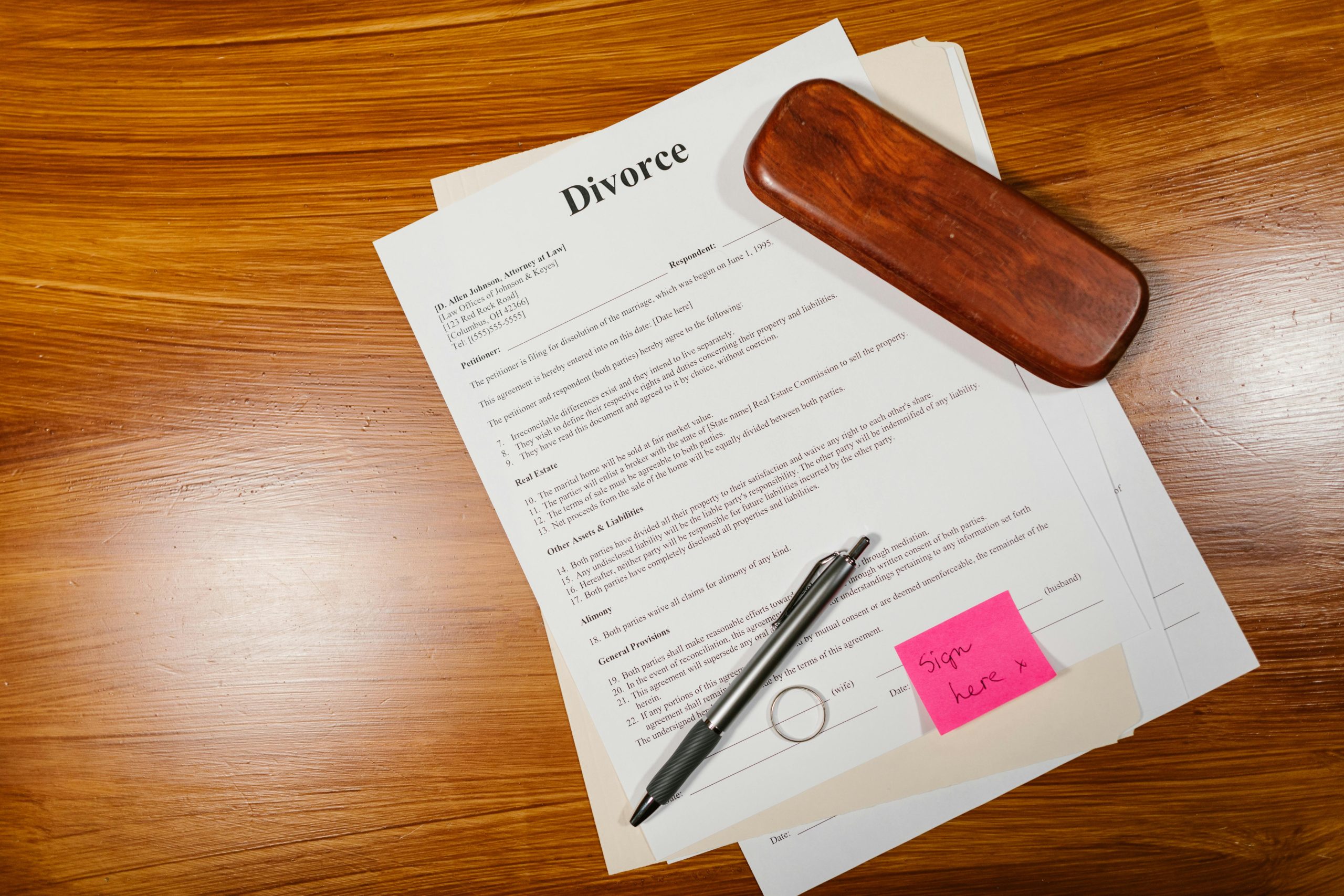We’re in the process of purchasing a condo, with a tentative closing date of April 25, 2025. Although this is a private sale, we are securing a loan from the bank. We’re currently exploring insurance options but are uncertain about what coverage we need, given that the current homeowners will be staying in the property until mid-July before we move in. The bank has requested proof of insurance, so we’re wondering if we should obtain homeowners insurance that begins on the closing date. The current owners plan to transition to renters insurance. Any advice would be greatly appreciated! Thank you!
Buying a home, but not moving in for a couple of months. What kind of insurance do I need?




Congratulations on your upcoming home purchase! Since you won’t be moving in until mid-July, but the bank requires proof of insurance as of the closing date, you’ll need to ensure that your condo is properly insured from that point onward.
Here are some steps and considerations for your situation:
Obtain Homeowners Insurance: You should go ahead and purchase a homeowners insurance policy that starts on the closing date (4/25/25). This will satisfy the bank’s requirement for proof of insurance and protect your investment from that day forward.
Insurance Coverage: Make sure the policy covers the structure and any personal property you plan to store in the unit before you move in. Since the current homeowners will be moving out in mid-July and switching to renters insurance, their coverage will no longer apply after the closing date.
Liability Coverage: Ensure your homeowners policy includes liability coverage, which protects you if someone is injured on your property while it’s vacant.
Vacant Property: Since the property will be technically vacant until you move in, it’s also wise to check with your insurance provider if they have any special clauses or recommendations for insuring a vacant property. Some insurers might have different rates or terms for a home that will be unoccupied.
Discounts and Bundling: While shopping for insurance, inquire about discounts for bundling your homeowners insurance with other policies (like auto insurance) if you have them.
Update the Policy Upon Move-In: Once you move into the home, you may want to speak with your insurer to update the coverage to reflect that the property is now occupied, which might adjust your premium.
Make sure to shop around and compare quotes from different insurance providers to find a policy that best fits your needs. Good luck with your new condo!